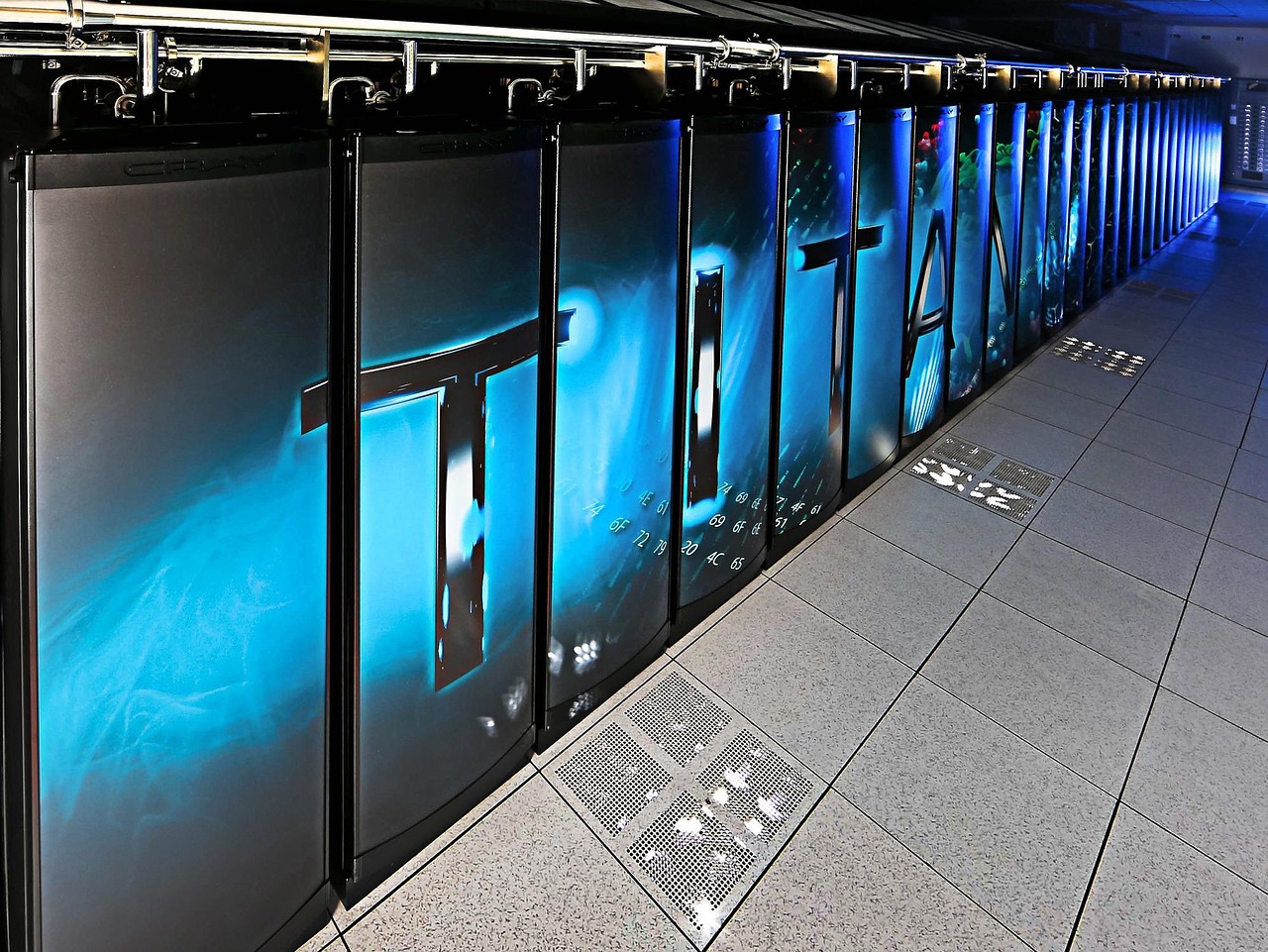Germany Debuts Europe’s Most Powerful Supercomputer
(MENAFN) German Chancellor Friedrich Merz officially launched Jupiter on Friday, Europe’s most powerful supercomputer, hailing it as a "technological breakthrough" and a defining moment in Germany’s quest to establish itself as an "AI nation."
The exascale machine, capable of executing over one quintillion calculations per second—equivalent to the combined power of one million smartphones—was revealed at the Julich Research Center in northwestern Germany.
Merz emphasized the country's ambitions, stating, "As a nation with a long tradition of scientific excellence and industrial strength, we must aspire to play a significant role—indeed, a leading role—in this technological revolution." He continued, "We've included this commitment in our coalition agreement and distilled it to one simple sentence: We want Germany to become an AI nation."
With a price tag of €500 million ($588 million), Jupiter ranks as the world’s fourth fastest supercomputer and symbolizes a significant investment in Europe’s technological capabilities. The funding is sourced from the European supercomputing initiative EuroHPC Joint Undertaking (50%), with equal contributions of 25% each from the German federal government and the state of North Rhine-Westphalia.
The exascale machine, capable of executing over one quintillion calculations per second—equivalent to the combined power of one million smartphones—was revealed at the Julich Research Center in northwestern Germany.
Merz emphasized the country's ambitions, stating, "As a nation with a long tradition of scientific excellence and industrial strength, we must aspire to play a significant role—indeed, a leading role—in this technological revolution." He continued, "We've included this commitment in our coalition agreement and distilled it to one simple sentence: We want Germany to become an AI nation."
With a price tag of €500 million ($588 million), Jupiter ranks as the world’s fourth fastest supercomputer and symbolizes a significant investment in Europe’s technological capabilities. The funding is sourced from the European supercomputing initiative EuroHPC Joint Undertaking (50%), with equal contributions of 25% each from the German federal government and the state of North Rhine-Westphalia.

Legal Disclaimer:
MENAFN provides the
information “as is” without warranty of any kind. We do not accept
any responsibility or liability for the accuracy, content, images,
videos, licenses, completeness, legality, or reliability of the information
contained in this article. If you have any complaints or copyright
issues related to this article, kindly contact the provider above.
Most popular stories
Market Research

- What Does The Europe Cryptocurrency Market Report Reveal For 2025?
- Japan Smart City Platform Market To Grow Worth USD 4.8 Billion By 2033 Exhibiting CAGR Of 11.7%
- Bitcoin Adoption On Sui Accelerates As Threshold Network And Sui Launch Phase 2 Of Tbtc Integration
- Japan Ultrasound Devices Market Size Worth USD 887.0 Million By 2033 CAGR Of 5.4%
- Primexbt Launches Empowering Traders To Succeed Campaign, Leading A New Era Of Trading
- Next Generation Management Corp. (OTC: NGMC) Announces Strategic Shift Toward Digital Commerce Acquisitions






















Comments
No comment